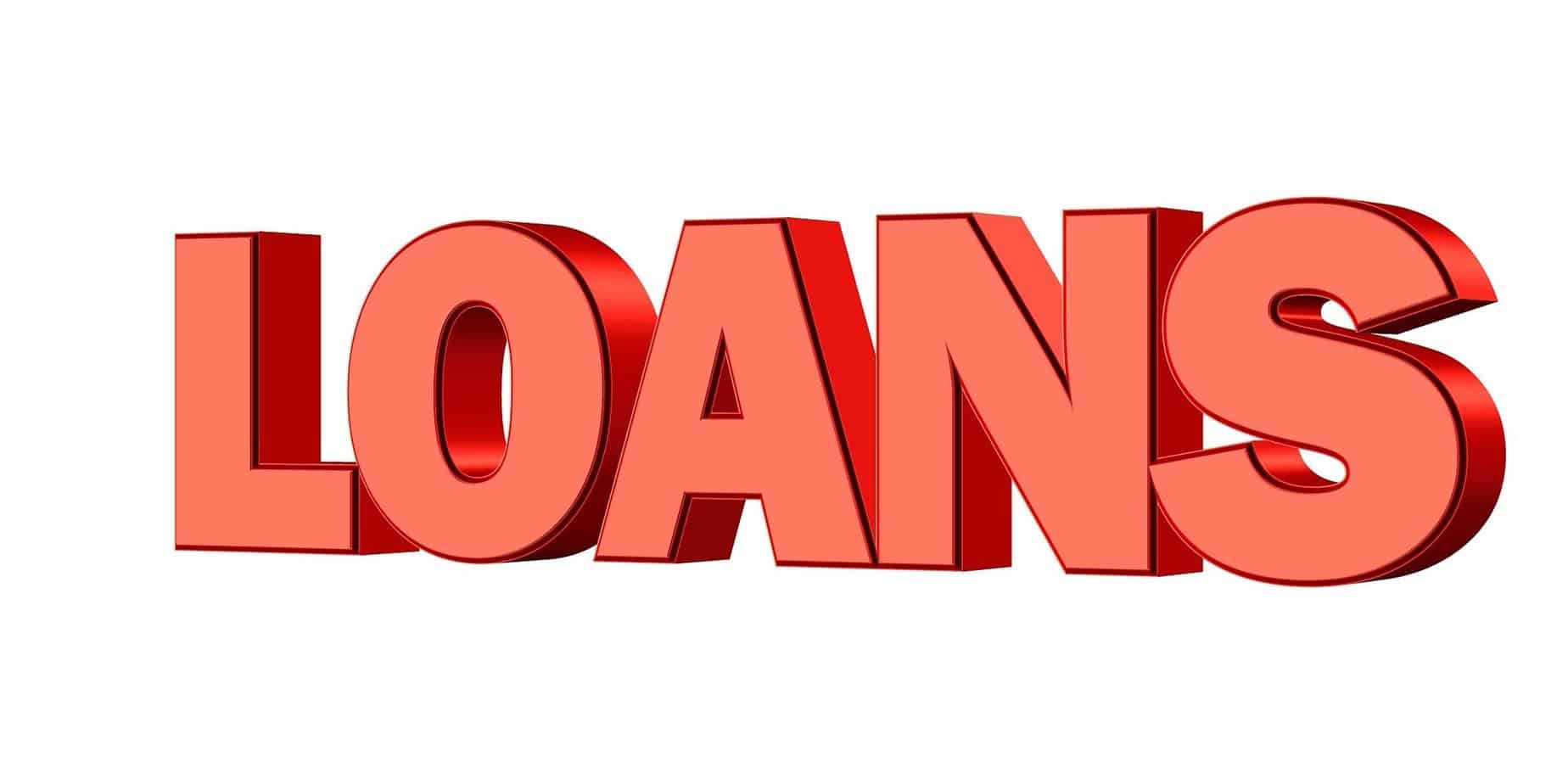One of the greatest gifts you could give yourself, would be getting out of debt. As this can get complicated, we welcome the expert advice from Nicolas Green from Debt Consolidation US in this guest post.
Leading a debt-free life can give you a feel of freedom. When you have debts, you’re likely to worry about making monthly payments. You may have to shell out a substantial part of your paycheck for these repayments.
So, if you’re carrying debts and on the verge of retirement, you should repay them before hitting your golden years and focus on your financial well-being.
The reason being, you’re likely to have a fixed income after retirement. And it might become cumbersome for you to manage your debts with limited income. Besides, it can hurt your retirement savings too.
So, it’s always advisable to get rid of debts, especially unsecured ones, before retirement, as they usually have incessantly high-interest rates. One of the effective ways to repay what you owe is to opt for debt consolidation.
It can help you bundle your multiple monthly payments and save money on your interest payments. Let’s review 4 ways to consolidate debt before retirement.
1. Balance Transfer Method
You can transfer your existing outstanding balance amounts to a new card having a low or zero interest rate. Thereby, you can consolidate your multiple debts into a single payment every month and repay with ease.
Usually, credit card companies offer balance transfer cards with 0% APR (annual percentage rate) for an introductory period. In most cases, the introductory period varies from about 12 to 24 months.
After the introductory period ends, the credit card companies will levy a variable APR, depending on your creditworthiness. So, to make the most of a balance transfer card, try to repay your outstanding balance within the introductory period.
By doing so, you will be able to save a substantial amount on interest payments as you don’t need to pay any interest during the introductory period.
Remember, you need to have a good credit score of 670 and higher to qualify for taking out a balance transfer card. Also, you may have to pay a balance transfer fee of around 2% to 4% of the transferred amount.
Also, make sure not to use your balance transfer card for making purchases. Otherwise, it will increase your debt burden and might be cumbersome for you to repay it before hitting your golden years.
2. Consolidation Loan
According to a recent CNBC report, most of the people in our country take out a personal loan to consolidate their debts. So, if you’re trapped with a huge number of unsecured debts, you can consolidate them by opting for a personal loan.
Since you’re using the personal loan for debt consolidation, it’s also known as a consolidation loan.

You can repay your multiple high-interest debts by making a single monthly payment. In addition, try to take out a consolidation loan with a lower interest rate than your existing ones.
By doing so, you can save a lot of money on your interest payments. That’s why you need to have a decent credit score of the mid-600 range, to qualify for a consolidation loan with a preferential rate.
Furthermore, you may have to pay a loan origination fee of around 1% to 8% of your loan amount. So, before opting to consolidate debt before retirement, check your financial situation.
If you fail to repay your consolidation loan, you’ll rack up more debt instead of becoming debt-free before retirement.
3. Debt Consolidation Program
What if you don’t have a good credit score to qualify for a balance transfer card? Or, what if you don’t want to add another debt by taking out a consolidation loan?
Well, in that case, you can opt for the debt consolidation program offered by a debt relief company. The best part is, you don’t need to have a good credit score to qualify for it.
The debt experts of the company will assess your debts along with your financial condition. Based on that, they will suggest an affordable monthly repayment plan.
At the same time, they’ll try to negotiate with your creditors to reduce your outstanding balance amount and waive off late fees.
Once your creditors agree, you can start making single monthly payments to the debt relief company. And in return, they’ll distribute the money among your creditors based on the debt amounts.
This way, a genuine debt relief company can help you consolidate debt before retirement so you can repay bills without any hassles. But remember, you’ll have to pay a service charge to the company for opting for their services.
4. Home Equity Line of Credit (HELOC)
Do you have equity in your home? If so, you can take out a loan against your home equity. Usually, HELOCs have much lower interest rates than credit cards or personal loans as they are secured by home equities.
For example, in February 2021, the average APR for credit cards is about 16.12%. Whereas, the current HELOC rates range from about 2.50% to 21 %, depending on your creditworthiness, debt-to-income ratio, etc.
By taking out a HELOC, you will receive a line of credit of up to 85% of the appraised value of your home less the amount you owe on your mortgage. It all depends on your creditworthiness and the remaining mortgage amount.
A HELOC works like a revolving credit. That means you can borrow an amount within your credit limit, repay it and borrow again during the draw period.
Usually, the draw period lasts up to 10 years and after that, the repayment period starts which is usually up to 20 years. So, taking out a HELOC helps you to consolidate debt before retirement, such as multiple high-interest ones, to save money on interest payments and repay them with ease.
Make sure to repay the HELOC on time. Otherwise, it can lead to foreclosure and you may lose your home. Additionally, the HELOCs usually have variable interest rates. So, if the interest rates increase, your monthly payments will go up too.
Closing Thoughts on Ways to Consolidate Debt Before Retirement
Even if you’re in your 40s with retirement’s still a long way off, it’s imperative to get out of the debt trap. How to improve financial situations and manage debts in your 40s can help you improve your financial habits and stop racking up new charges.
Sadly, almost half of all retiree’s report leaving work sooner than planned. This can be due to job loss and / or health issues. Many are behind on saving, especially when they haven’t managed their finances as well as they should have.
This becomes a double whammy and not conducive to a happy care-free retirement. Without a doubt, when you’re behind the 8 ball, it’s not easy getting ahead.
This is when professional assistance can really make a difference. If you’re struggling, talk with the experts and address your finances.
The bottom line is, carrying debt into retirement can hurt your nest egg. So, it’s always better to get rid of it as soon as possible. Debt consolidation undoubtedly helps you to reduce how much you owe.
Author Bio
Debt Consolidation US discuss and provide you with information regarding subjects ranging from Credit Card Balance Transfer, Debt Consolidation Loan Services, Personalized DIY (Do It Yourself) Debt Consolidation, to professional and legal Debt Consolidation procedures.

